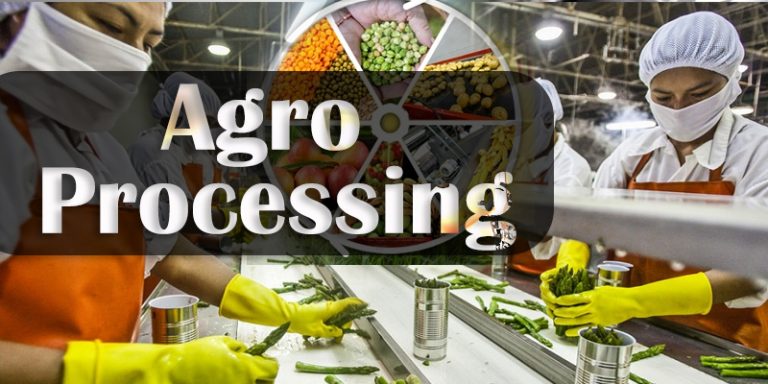
The President of the African Development Bank (AfDB), Dr. Akinwumi Adesina, announced at the 2023 Africa Investment Forum (AIF) Market Place in Marrakesh, Morocco, that the bank has provided $1.5 billion to support the export of value-added agricultural products through the Special Agro-Industrial Processing Zones (SAPZs) initiative.
The announcement was made during the inauguration of the Alliance for SAPZs.
Adesina emphasized the importance of Africa moving away from the export of raw agricultural commodities and focusing on exporting value-added products. He stated that SAPZs play a crucial role in providing the necessary infrastructure to support agro-industrial development in Africa.
Register for Tekedia Mini-MBA edition 19 (Feb 9 – May 2, 2026): big discounts for early bird.
Tekedia AI in Business Masterclass opens registrations.
Join Tekedia Capital Syndicate and co-invest in great global startups.
Register for Tekedia AI Lab: From Technical Design to Deployment (next edition begins Jan 24 2026).
“Africa must end the export of raw agricultural commodities. We must recognize that the fastest way to poverty is via the export of raw commodities, while the highway to wealth is from the export of value-added products,” he said.
“And that is why SAPZs are important. They provide critical infrastructure to support agro-industrial development in Africa.”
The partners in the Alliance for SAPZs include the Islamic Development Bank, the International Fund for Agricultural Development, the Arab Bank for Economic Development, the European Union, and the Korean Export-Import Bank. The collective effort of these partners has mobilized $1.5 billion in support of establishing 25 SAPZs in 11 African countries.
To further expand SAPZs across the continent and leverage the Africa Continental Free Trade Area (AfCFTA), Adesina emphasized the need for countries to scale up resources, partnerships, and alliances. He expressed excitement about the growing number of partners joining forces to rapidly scale up SAPZs across Africa.
The Alliance aims to mobilize at least $2 billion in financing and investment commitments from its members and partners over the next five years. Achieving this goal will lead to an additional 15 to 20 SAPZ projects in various countries across the continent.
“The Alliance will raise funds through various investment windows for project preparation, project development and construction, and financing for tenant companies,” Adeshina said.
The AfDB president announced last week at the Norman E. Borlaug Dialogue organized by the World Food Prize Foundation, that Africa’s food and agricultural industry is projected to be worth an estimated $1 trillion by 2030. This underscores the AfDB’s push to bolster food production and export in the continent.
During the inauguration of the SAPZs, partners pledged an additional commitment of about $3 billion to support the initiative. The SAPZs’ initiative is seen as a strategic move to enhance agricultural value chains, promote industrialization, and contribute to economic development in Africa.
Tackling the challenges
Despite efforts by the AfDB and stakeholders to promote the SAPZs initiative, several challenges have stood in the way. Dr. Benedict Oramah, the President of the African Export-Import Bank (Afreximbank), highlighted political instability in Africa as a significant obstacle to funding major projects, including those related to agro-industrial development. He emphasized the need for the development of comprehensive project financing ideas and proposals for the continent.
Oramah also pointed out that budgetary constraints are a primary obstacle to facilitating financing and project implementation. He stressed the importance of resource allocation and suggested the establishment of continental regulations that countries should respect. Additionally, he emphasized the significance of justice for initiatives beneficial for business.
While there is a commitment from partners to support the SAPZs initiative with an additional pledge of about $3 billion, addressing political instability and budgetary constraints remains crucial for the successful implementation of projects aimed at promoting agricultural value chains and industrialization in Africa.



